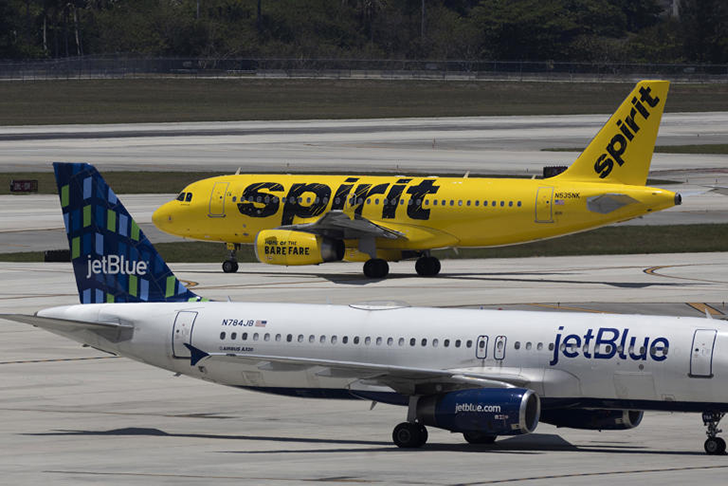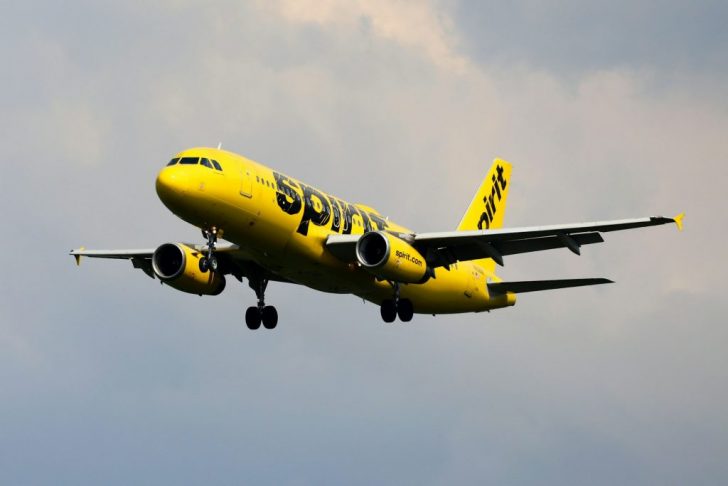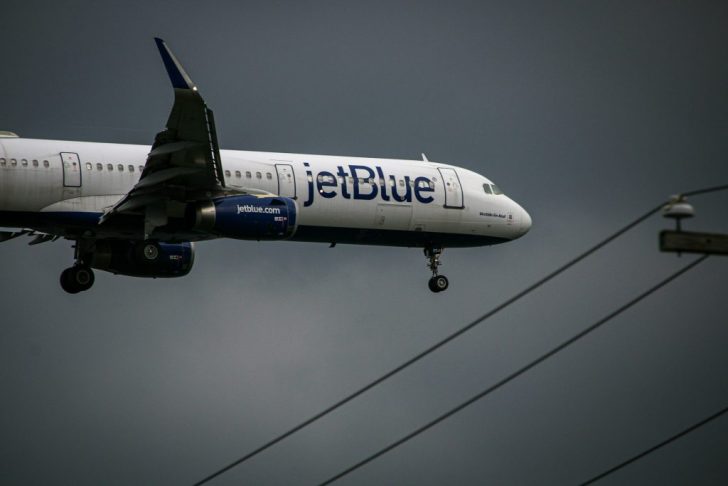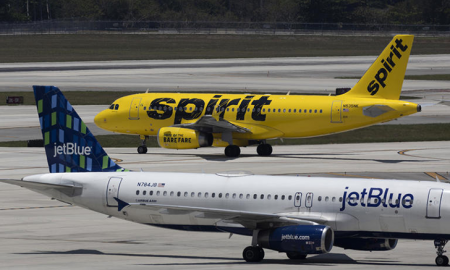
Antitrust Hurdles Stop the Spirit Airlines JetBlue Merger in Its $3.8 Billion Tracks

In what turned out to be a dramatic turn of events for the aviation industry, the proposed $3.8-billion Spirit Airlines JetBlue merger came to a screeching halt. The low-cost carriers found themselves at a dead end when a U.S. judge, citing anti-competition concerns, blocked the deal this January. This decision did more than dissolve a financial agreement—it underscored the intense scrutiny mergers and acquisitions now face in an era where consumer rights and competitive markets are fiercely protected.
The Spirit Airlines Jetblue Merger Blocked
At the heart of the matter, the Spirit Airlines JetBlue merger promised to create the fifth-largest carrier in the United States. Beyond the numbers, it held the potential to ensure Spirit’s survival, a carrier struggling with debt and dwindling cash reserves. Yet, dreams of expansion and stability were dashed when a Boston judge ruled that the merger would harm consumers by reducing competition, essentially putting a price on the competitive landscape of the skies.
Government’s Stance on Competition
This ruling aligns with the Biden Administration’s broader stance against diminishing competition within critical sectors, including aviation. The administration, vocal about its commitment to prevent consolidation that could lead to higher prices and reduced choices, saw the blockage of the Spirit Airlines JetBlue merger as a victory. President Biden himself highlighted the decision as a triumph for American consumers, asserting that the merger would have led to “higher fares and fewer choices on tens of millions of Americans.”
Spirit Airlines’ Challenges Ahead
Spirit Airlines, facing the stark reality of navigating turbulent skies solo, now grapples with an uncertain future. With the Spirit Airlines JetBlue merger off the table, Spirit must confront weak demand and a precarious path back to profitability. Analysts haven’t shied away from painting a grim picture, suggesting that bankruptcy could loom on the horizon for the carrier if it fails to stabilize financially.
JetBlue’s Reaction and Strategic Shift
The backdrop to this decision reveals a more extensive narrative at play—JetBlue and Spirit’s diverging paths in the wake of the blocked merger. JetBlue’s CEO, Joanna Geraghty, in a note to employees, lamented the slim chances of overcoming the federal court’s ruling and the Department of Justice’s steadfast opposition. Interestingly, whispers within the industry hinted at JetBlue’s relief over the deal’s demise, primarily due to concerns over Spirit’s faltering financial health.
Market Reaction and Financial Implications
The immediate aftermath of the merger’s collapse saw Spirit’s stock take a significant hit, plummeting 11%, while JetBlue’s shares enjoyed a 4.3% uptick. This market reaction reflects the shifting dynamics and speculative future of both carriers in a post-merger landscape. JetBlue, meanwhile, has committed to a suite of measures aimed at boosting revenue and reducing costs, showcasing a strategic pivot in light of regulatory challenges.
Legal and Regulatory Landscape
The Spirit Airlines JetBlue merger saga is more than a story about two airlines; it’s a narrative deeply intertwined with the future of U.S. aviation competition. It raises pivotal questions about how the industry can balance growth and consolidation with the imperative to safeguard consumer interests. As the dust settles on this thwarted merger, the broader implications for future airline mergers remain a topic of keen interest and debate. The industry, regulators, and consumers alike will be watching closely, understanding that in the high-stakes game of aviation, the rules of engagement are evolving.
Conclusion
The thwarted Spirit Airlines JetBlue merger stands as a testament to the evolving dynamics of the U.S. aviation industry, where the balance between growth, competition, and consumer protection is constantly renegotiated. As the dust settles, the saga leaves a trail of questions about the future of airline mergers and the regulatory landscape shaping these monumental decisions.
More in Finance & Business
-
`
Why You Need to Think Twice Before Buying a House
So, you have been scrolling through real estate listings, envisioning your dream kitchen, and even bookmarking paint colors for the nursery....
November 26, 2023 -
`
Santo Spirits: Sammy Hagar and Guy Fieri’s Joint Venture
In the world of business partnerships, some combinations might seem unconventional at first glance. But when you delve deeper into the...
November 16, 2023 -
`
Everything You Need to Know About Mortgage Rate Lock
You have probably embarked on the exciting yet nerve-wracking voyage of purchasing a home. Amidst the sea of paperwork, open houses,...
November 9, 2023 -
`
7 Effective Ways to Make Your Business More Sustainable
In an age of rising environmental consciousness, making your business more sustainable isn’t just a trend; it’s a necessity. Sustainable practices...
November 3, 2023 -
`
Housing Market Going Up? Then Why Not Rent?
“Buy a house! It is the best investment!” How many times have you heard that? Probably enough to make a drinking...
October 29, 2023 -
`
Surprising! Celebs Who You Didn’t Know Had a Master’s Degree
When it comes to celebrities, we often associate them with glitz, glamour, and blockbuster movies. But did you know that some...
October 17, 2023 -
`
Navigating the Housing Maze: The 7% Mortgage Rate Quandary
If there is one thing that this year has thrown our way (apart from those fascinating tech gadgets we did not know...
October 12, 2023 -
`
Where to Buy a House in the U.S With a $100K Salary
Got a cool $100,000 annual paycheck in your pocket? Cheers to that accomplishment! With such a financial cushion, dreams of homeownership...
October 6, 2023 -
`
The “Grave” Housing Crisis Forcing U.S. Homeowners to Sell Their Houses
Every culture has its dreams and aspirations. For those living in the United States, it has traditionally been an idyllic house, spacious and...
October 1, 2023

















You must be logged in to post a comment Login